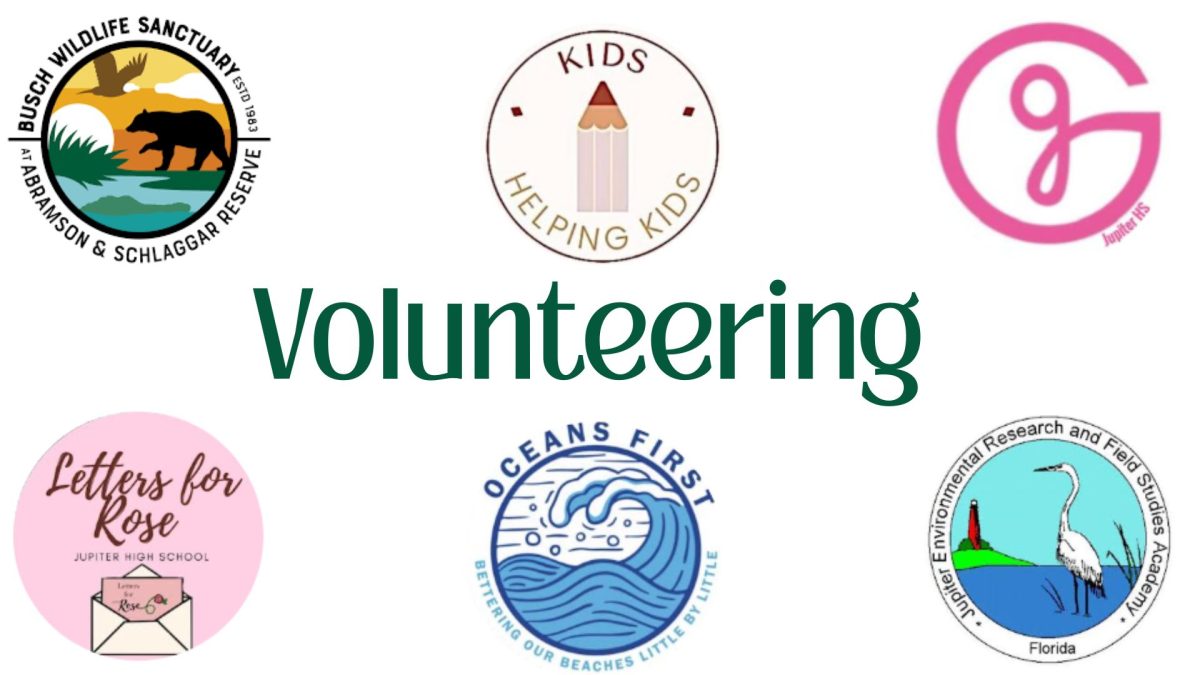Migratory individuals who seek refuge from the winter’s chill up north, more commonly known as snowbirds, find comfort in the Sunshine State. This annual migration has become a hallmark lifestyle choice, offering benefits and potential drawbacks to locals.
The surge in population during the winter months can result in increased traffic congestion. Snowbirds and residents contribute to crowded roadways, impacting daily commutes and local transportation systems.
“It normally takes me 10 minutes to get home from school but during this season, it takes me around 25 because of the traffic,” Anna Albertsson, sophomore, said.
Many snowbirds own second homes or rent vacation properties, which means these properties are often left vacant for the majority of the year. This leads to wasted energy and resources as the homes need to be maintained and powered even when no one is using them. Additionally, the increased water usage during the winter months can put a strain on Florida’s already limited water resources.
“My grandparents own a house down here and only come during the winter, so their house sits empty for the remaining months,” Albertsson said.
Snowbirds can also have a negative impact on the local culture and community. This can lead to a lack of community engagement and a decrease in social cohesion. The influx of snowbirds can also lead to overcrowding and the popular tourist areas making it difficult for locals to enjoy their neighborhoods and attractions.
“Around this time of year, my parents don’t go to U-Tiki or any of those restaurants on the water because the wait is always so long,” Sofia Laschinski, sophomore, said.
While this time may stress Floridians out, snowbirds essentially become temporary tourists, exploring and enjoying the attractions that Florida has to offer. The tourism industry, a vital component of Florida’s economy, experiences a significant boost during the snowbird season. Popular destinations, theme parks, and recreational areas benefit from increased visitor numbers, leading to higher revenue for the state.
“I work at U-Tiki and I’ve noticed a significant increase in people coming in but I’m also receiving a lot more tips recently which has been nice,” Frederick Grimes, junior, said.
The increased population during the snowbird season may strain local resources, but it also results in additional revenue for public services. Taxes paid by snowbirds support local schools, healthcare facilities and infrastructure maintenance, helping to enhance the quality of life for both temporary and permanent residents.
Snowbirds bring diversity to Fla. communities. Their presence enriches the cultural fabric of the state as they participate in local events, engage with community initiatives, and contribute to the overall society’s vibrancy. This cultural exchange fosters a dynamic and inclusive environment.
Despite the benefits, locals are still frustrated with the influx of seasonal visitors causing increased traffic, crowded amenities, and a shift in the typically tranquil atmosphere.
“My brother and I get so aggravated when we have to sit in 20 minutes of traffic on our way home from school everyday,” Laschinski said.







